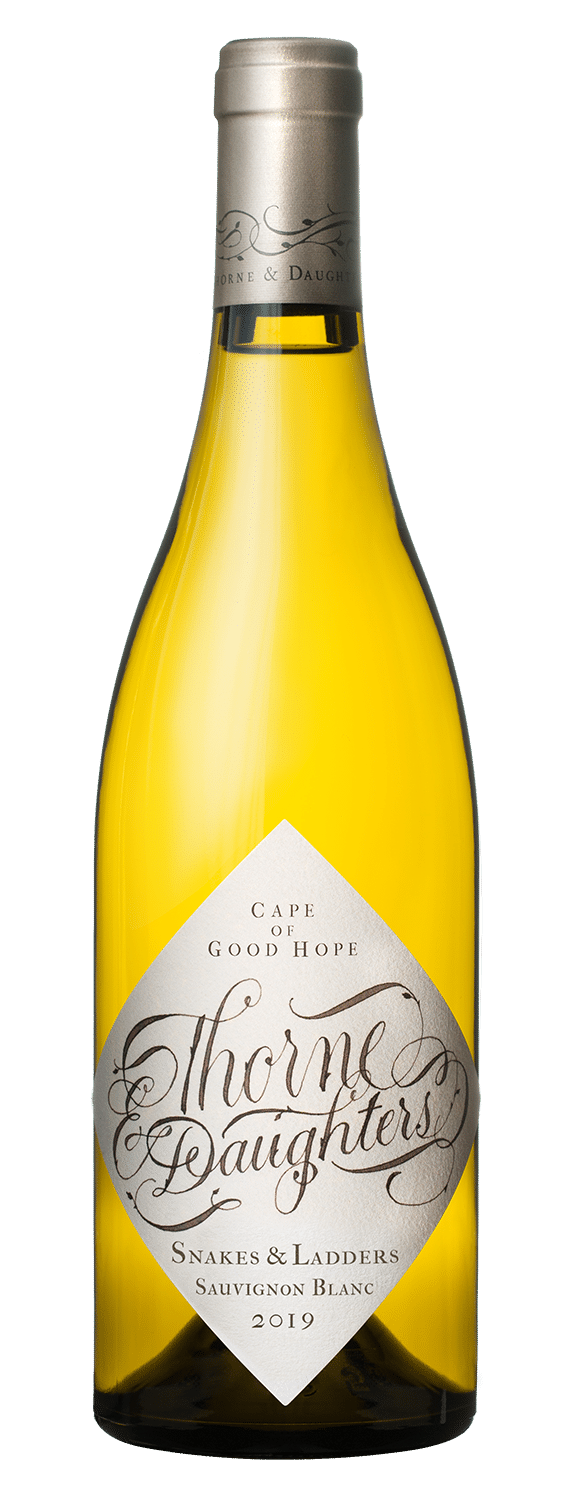Tim James: Varietal generalisations
By Tim James, 22 June 2020

1
“All generalizations are false,” said Mark Twain – adding immediately: “including this one”. Alexandre Dumas (the younger) reportedly had a slightly different take on a similarly structured idea: “All generalisations are dangerous, even this one.” I say he “reportedly” said it because when I search Google in French to confirm it I can’t find the original, or even much interest by French speakers in the quotation, so it might well be a myth put about by perfidious Albion. Nonetheless, the added urgency in his purported version is maybe (generally) correct, but perhaps too harsh when it comes to generalising about winegrape varieties.
Given the role that variety has come to play in identifying wines in the modern era, especially in the so-called New World, we all do the generalisation thing, I suppose. Though the sweeping statement is normally followed – depending on our honesty and perhaps breadth of experience – by a hasty listing of possible exceptions to the rule. Our generalisations are, of course, both positive and negative in their judgements – “I love riesling”, “South African merlot is awful”, etc – but, in my own placatory case, I feel more compelled to add the backtracking exceptions when it’s a negative comment.
So if I tossed off that judgement about local merlot (which I just possibly might do in an unguarded moment) I’d have to point out that, while many merlot wines are a palate-grinding combo of over-ripeness and greenness, there are some excellent examples – Thelema, Shannon, Bein … I’d start with those and then there would be sufficient number to render my original generalisation pretty false, and possibly dangerous – as I should have known before opening my mouth to emit words rather than take in wine.

Outlier.
I’d possibly feel on firmer ground in saying that I tend to not enjoy sauvignon blanc, because that shades into a matter of personal opinion (to which we’re all entitled and which surely we can’t escape, however determinedly we aim to be honest and objective in our professional judgements when that’s what they are) – and I could probably think of fewer exceptions. Though I would immediately point out that Reyneke White Reserve, pure sauvignon, is certainly a wine I think of as one of the Cape’s finest and most relishable. And now that splendid new-wave producer, Thorne and Daughters has brought out a rather untypical sauvignon from a vineyard neighbouring those that produce some of the Cape’s finest chenins (Sadie Skurfberg, Alheit Magnetic North, Botanica Mary Delaney) – well, there’s more reason to escape from stereotypes. And I’d also have to admit the great quality (if seldom with personal appeal to me) of a number of other sauvignons – too many to mention here.
My simple point – one that no doubt occurred to everyone else, except competition organisers, long ago – is that blindly using grape variety as a uniting, defining criterion can be more than a little inadequate. It’s not just a matter of quality, but of winemaking style and, sometimes, of origin, of terroir. I mentioned Skurfberg – wouldn’t it in some ways be more useful and valid, not to mention interesting, to compare all the wines of that area (whether chenin, semillon, pinotage – or sauvignon blanc) rather than compare the chenins to all the other chenins, etc? Though the counter-claim could be that comparing chenins from different regions can nicely help to identify the terroir factor.
As to winemaking style, it would be hard to think of more utterly different wines than, say, Sons of Sugarland Syrah and Remhoogte Syrah. Though both are undoubtedly good, they are almost opposites in most ways, making the shared variety (not to mention the Stellenbosch origin, I confess) almost irrelevant. Or compare Craven Cabernet Sauvignon, or even Restless River’s, with those of Le Riche, Kanonkop et al. It’s not hard to find such radical differences for just about all varieties.
One of the most interesting side-benefits of having good skin-contact white wines is that it’s made us aware that it’s not only egregious interventions like new oak that can make a radical difference to a wine. Something as unquestionably natural as leaving the grape juice in contact with the grape skin during fermentation can make for a range of new aromas, flavours and textures – all of which it would be difficult to deny are somehow inherent in the variety, however much they diverge from what we often consider typical.
I’m exaggerating my conclusions, I know. But it is worth remembering that to fetishise grape variety, or even to regard it in all circumstances as primary, can be as misleading as it sometimes is to do the same to soil and climate.
- Tim James is one of South Africa’s leading wine commentators, contributing to various local and international wine publications. He is a taster (and associate editor) for Platter’s. His book Wines of South Africa – Tradition and Revolution appeared in 2013
Attention: Articles like this take time and effort to create. We need your support to make our work possible. To make a financial contribution, click here. Invoice available upon request – contact info@winemag.co.za







Duncan | 22 June 2020
I find generalisation are sounder when the outliers are atypical.
For example, I don’t like sauvignon blanc, with notable exceptions: but those exceptions are almost always instances in which the ‘sauvignon blanciness’ of the wine has been tempered (usually oak ageing).
By contrast, my enjoyment of chardonnay is more a question of quality and the style I’m in the mood for: fine heavily wooded chardonnay, with notable malo characteristics, is great on some occasions, and pure, fresh fruitier unwooded chardonnay is preferable at other times. I’m certainly happy to generalise and say I like chardonnay.
That said, I’ve never tasted a Thorne and Daughters wine that didn’t knock my socks off, so I’m more than a little curious about their sauvignon.